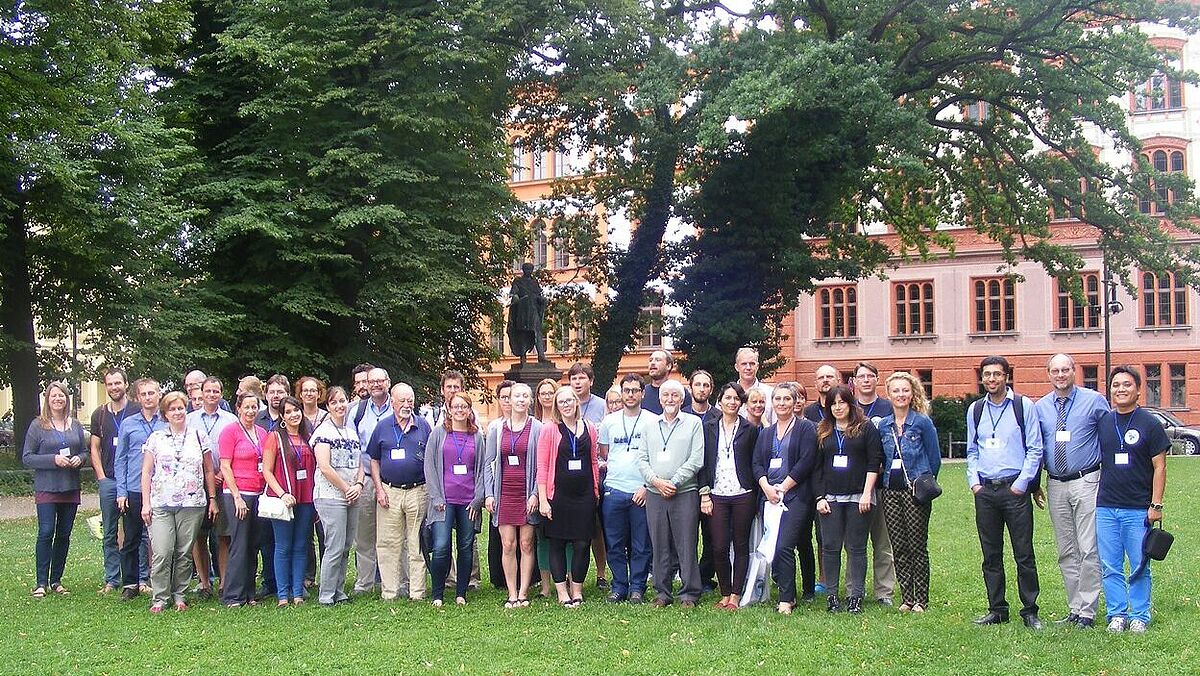Retrospective on the 9th International Workshop on Cestode Systematics and Phylogeny

In the period from 05.08. - 10.08.2017, the 9th International Workshop on Cestode Systematics and Phylogeny took place at the University of Rostock.
Every three years, the international scientists specialized in the field of cestode parasitology meet for a common exchange of ideas at different places in the world.
This year, the "Cestode Workshop" was aligned by the professorship Aquaculture and Sea Ranching under the leadership of Prof. Dr. rer. nat. Harry W. Palm.
More than 40 scientists from 15 countries and from five continents met at the Faculty of Agriculture and Environmental Sciences of the University of Rostock to work on a new key for determining this parasite group and its five-thousand-species, 23 years after the release of the CABI Cestode Identification Key.
The workshop started on 05th of August 2017 at the Pentahotel Rostock with a seminar on the latest research results in the form of 18 presentations and four poster presentations. On the following working days, four working groups searched for generic and species-specific characteristics for the development of identification keys. In doing so, the participants agreed to create an Internet-capable destination platform instead of a dichotomous key. The participating scientists will be working on this project until the next workshop in Argentina in three years.
The daily, streamlined workshop plan was framed by a program of cultural and culinary diversity for the participants. These included a classical concert in the baroque hall, a boat trip from the city harbor to Warnemünde, a dinner in the Gothic Hall of the Ratskeller and an excursion to Heiligendamm, Bad Doberan (Münster) and the monastery ponds in Hütter Wohld near Parkentin.
During the workshop, master students and Ph.D. students took part in individual events in addition to the scientists. Thus young scientists had the opportunity to get in contact with the leading specialists in the field of cestode research and to exchange ideas. Research in the field of parasitic diseases, especially in fish, is still underrepresented in Germany. To date, many fish species and most of our local lakes and rivers have not been tested for fish parasites, although this can create major problems for both fishing and aquaculture.
Contact:
University Rostock
Faculty of Agriculture and Environmental Sciences
Professorship Aquaculture and Sea Ranching
Prof. Dr. rer. nat. Harry W. Pal
